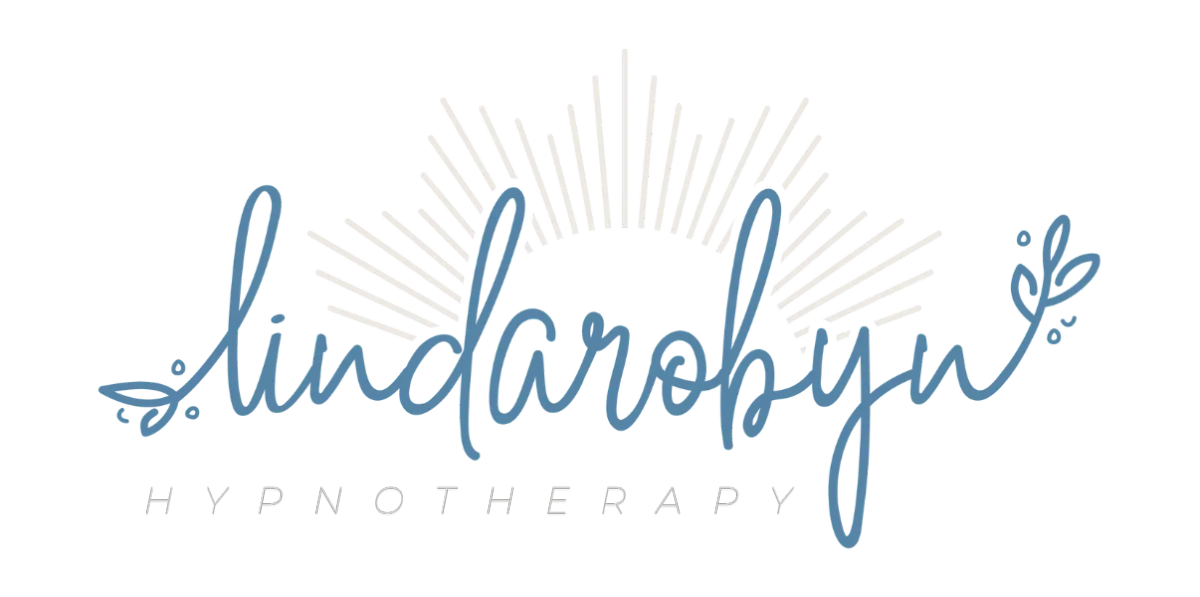Mind-body musings
And Other Useful Resources

What is the DeTrauma Technique™?
“Trauma is a fact of life. It does not, however, have to be a life sentence” - Peter A. Levine, PhD
Introduction
If you’re thinking of hiring a trained professional to help process some unresolved trauma (yes most of us have them), then keep reading. In this article, I introduce a powerful desensitisation method in which I'm certified called DeTrauma Technique™, which has been known to resolve traumas in as few as 1-3 sessions.

Experience DTT in the comfort of your own home 🌼
What is DeTrauma Technique™?
DeTrauma Technique™ (DTT) is a powerful trademarked trauma desensitisation method created by Kaz Field-Anderson. The 4-step approach has been specifically crafted for helping clients desensitise from (aka, take the sting out of) commonly experienced conditions such as: anxiety, panic attacks, social phobias, traumas, post-traumatic stress (PTSD) and complex trauma (cPTSD).
DTT is influenced by a range of powerful proven modalities including hypnotherapy, neurolinguistic programming (NLP) and eye movement desensitisation and reprocessing (EMDR). Typically, clients reach a desired level of desensitisation and/or resolution, relative to their specific goal, within just 1-3 sessions.
What kinds of challenges and traumas is it used for?
DTT helps bring relief from a range of commonly experienced conditions in our current day society. Some more common reasons include:
Anxiety (acute) and panic attacks
Social phobias
Depression
Post-traumatic stress disorder (PTSD)
Complex trauma (cPTSD) and/ or adverse childhood experiences (ACEs)
How does it work?
Your DTT session will take place with Linda online via Zoom (in the comfort of your own home, yay!) Typically, hypnosis is not required with DTT, therefore clients are generally not inducted into trance for these sessions.
The four parts of the process begins with some brief body psychotherapy, which helps us to identify where you’ve been holding or storing the specific challenge or trauma in your body. From here, I’ll guide you through a range of techniques that build inner resources, resolve and/or desensitise – all in a seemingly effortless (yet powerful!) fashion.
Once you've attended your session with me, you'll receive a downloadable self-hypnosis track "The Purple Flame" which is intended to help you integrate your healing, which you'll be requested to listen to once daily for the following 30 days.
Do I have to tell you my "trauma story"?
No! One of the wonderful things about DTT is that for it to be successful, powerful and lasting, you don’t need to talk about your story! If you’ve seen a range of professionals and are sick of repeating your trauma story without the results, DTT might be just the thing for you.
Are there instances where DTT is not recommended?
Yes, as with hypnotherapy, there are some known conditions for which DTT is contraindicated, or not advised. Make sure you’re working with a DTT-certified practitioner at all times and if they advise DTT is not for you, please don’t take it personally.
Contraindicated conditions include (not limited to): epilepsy, dementia, schizophrenia, bipolar disorder, borderline personality disorder, psychotic disorders and some brain injuries.
A reminder of what hypnotherapy et al is not.
In case you need this reminder, I’ll copy it here again.
Hypnotherapy is not ‘mind reading’ and you will not ‘squawk like a chicken’ or ‘hop on one foot’ (we don’t need hypnotherapy for that!) These are common misconceptions understood from the ‘abracadabra’ style hypnosis-as-entertainment – and not of the therapeutic clinical hypnotherapy.
That being said, it’s important to recognise that hypnotherapy, including clinical hypnotherapy and DTT, is not medical expertise and your therapist will not at any stage provide you medical advice.
At certain times, for certain goals and when working with specific conditions (including if you are pregnant or on certain prescribed medications), your therapist may request you seek medical advice to confirm your safety to proceed. If this happens to you, please oblige accordingly.
Your safety is paramount at all times.
So there you have it!
The 411 on DeTrauma Technique™ (DTT).
I hope it helps you reduce any anxiety around your upcoming session, so that you can approach it with both optimism and enthusiasm.
All the best for your desensitisation journey.
LR x

Explore
On Social
lindarobyn.com - All Rights Reserved - Web Terms - Privacy Policy - Hypno Terms - membership terms
Linda Robyn Hypnotherapy © 2024-25

